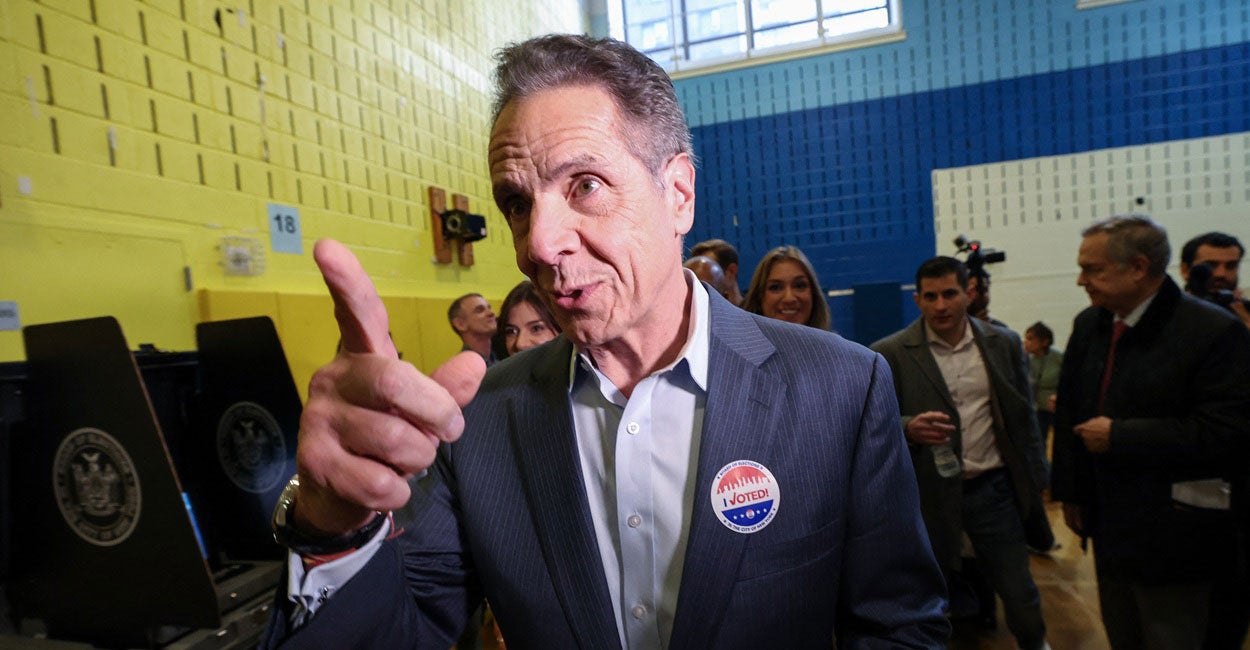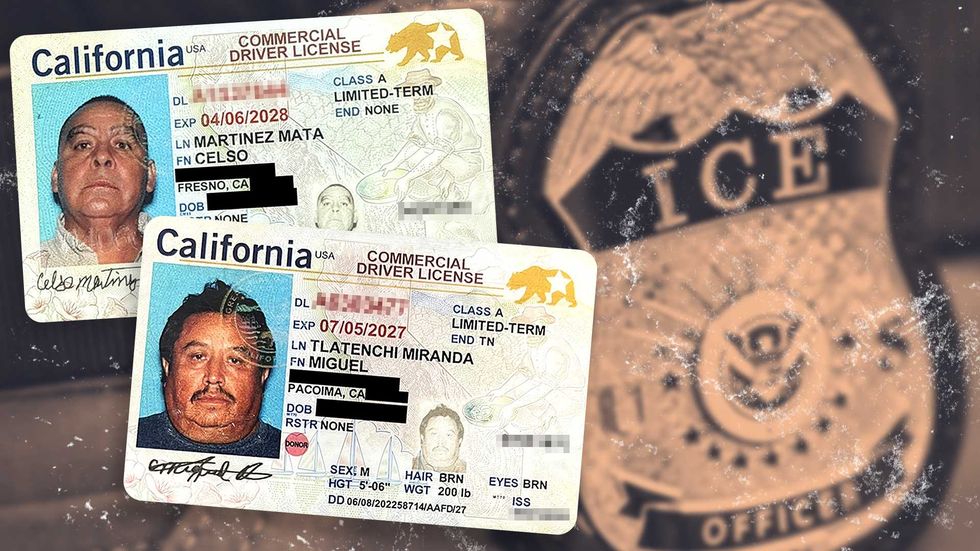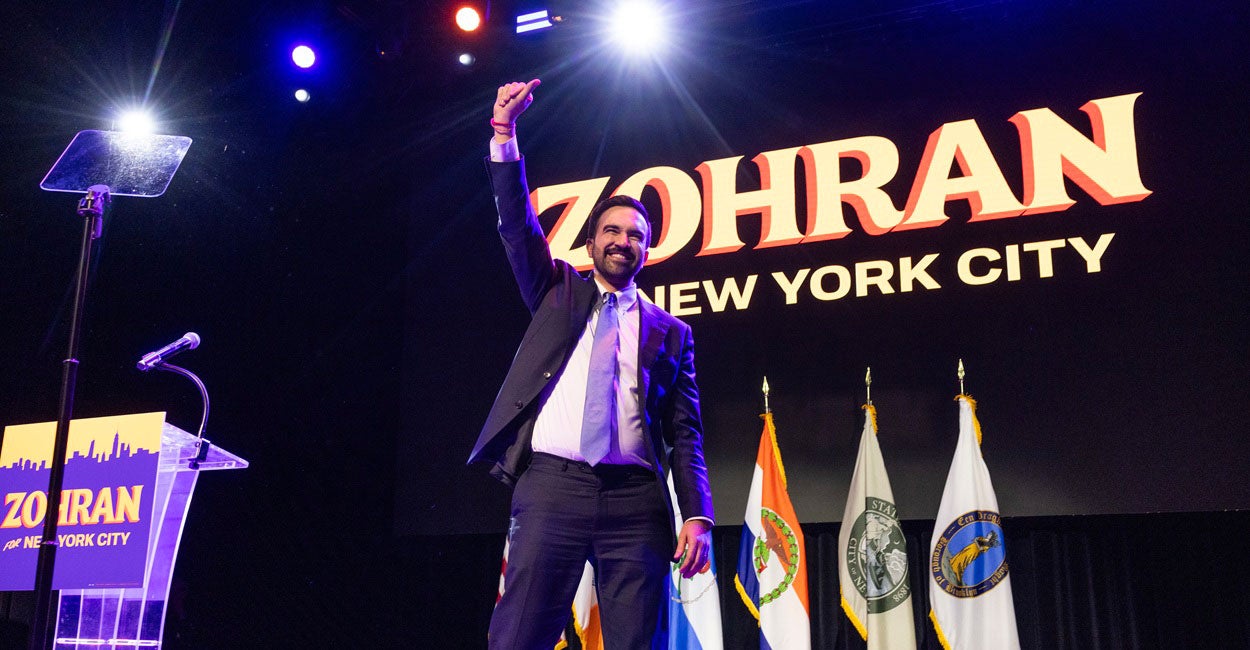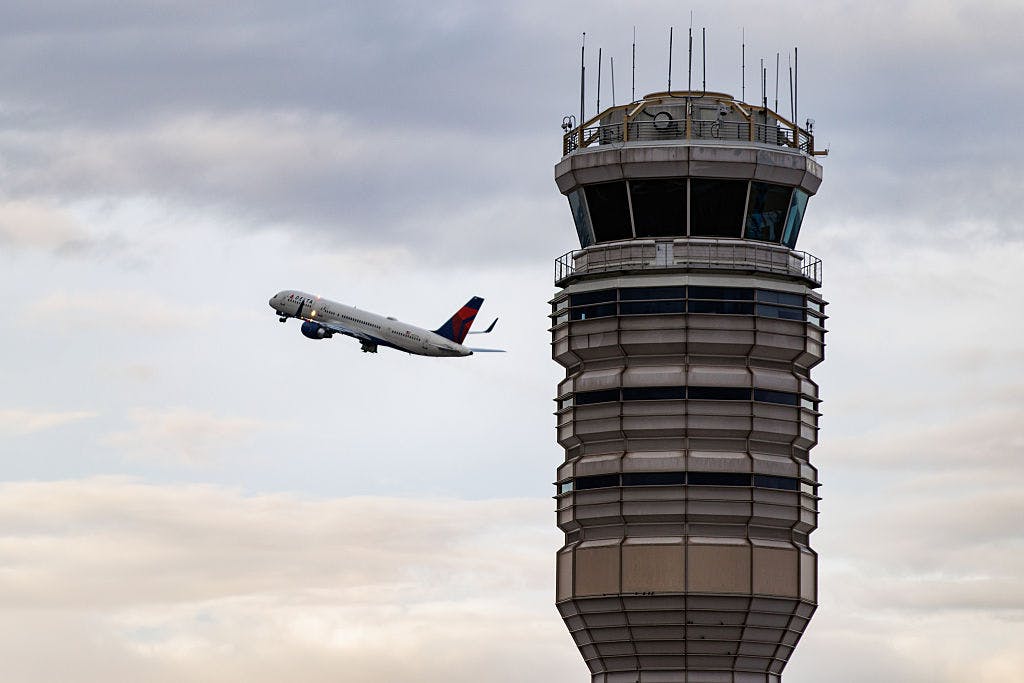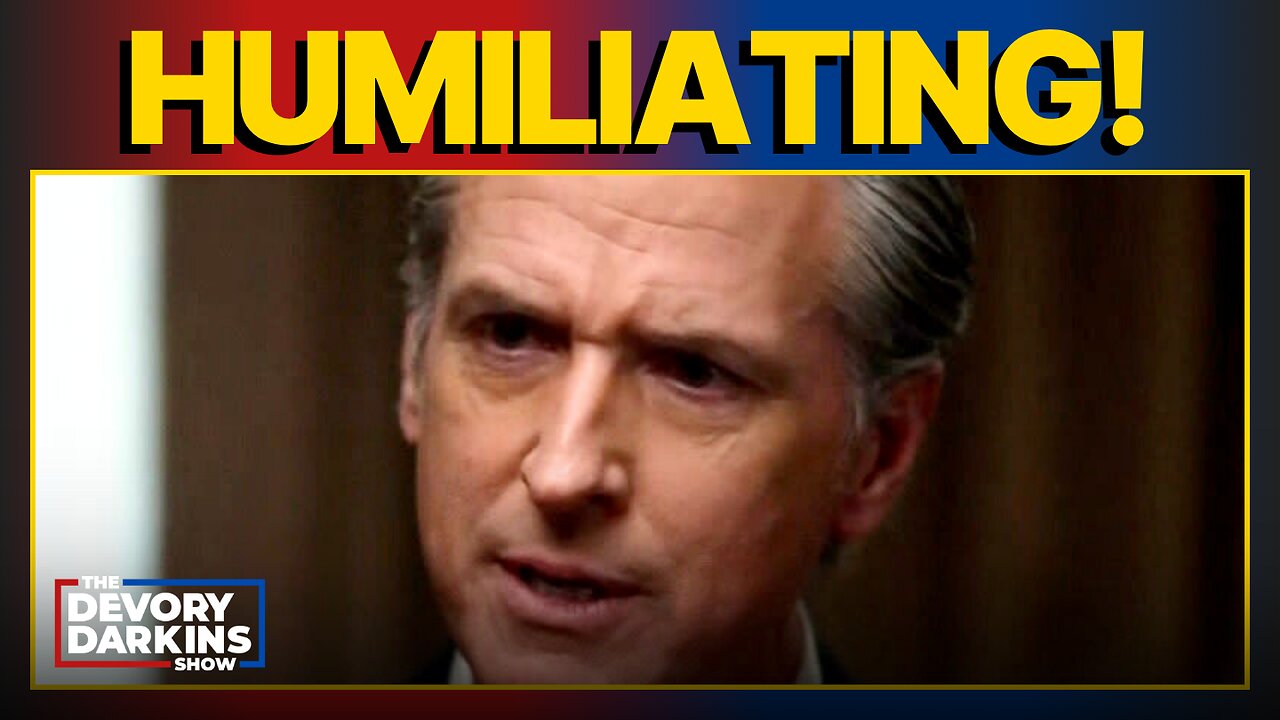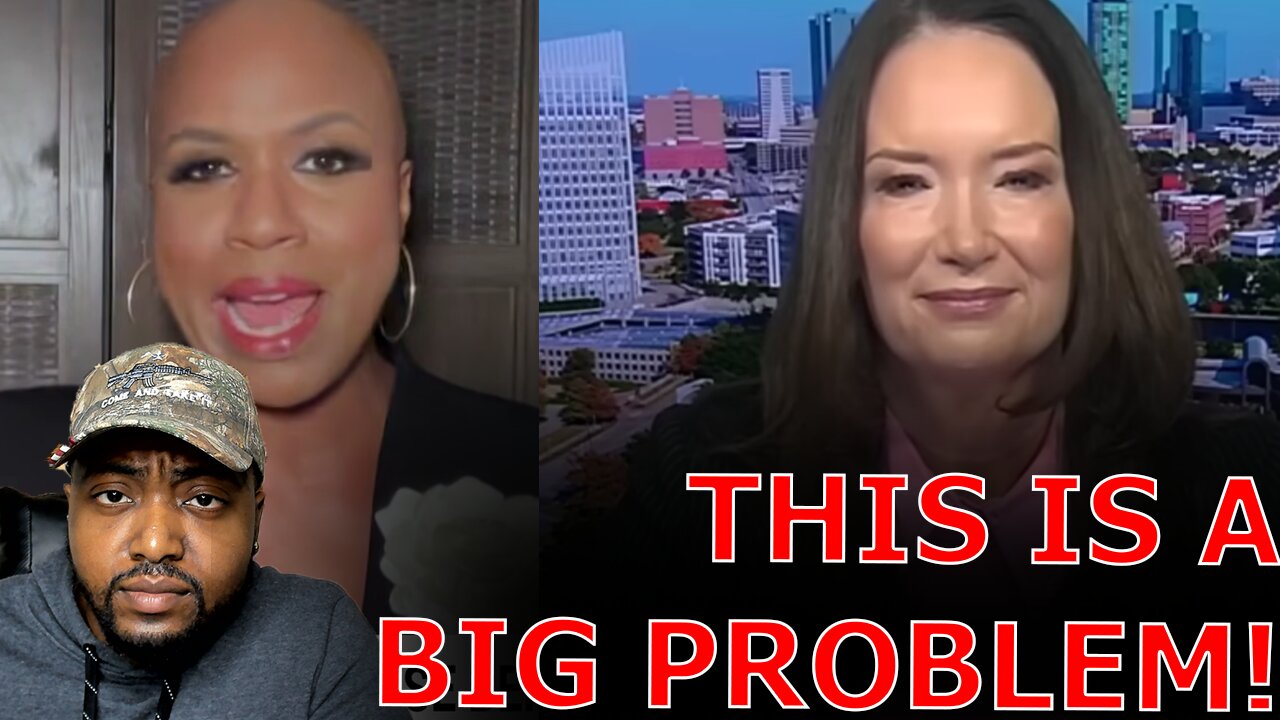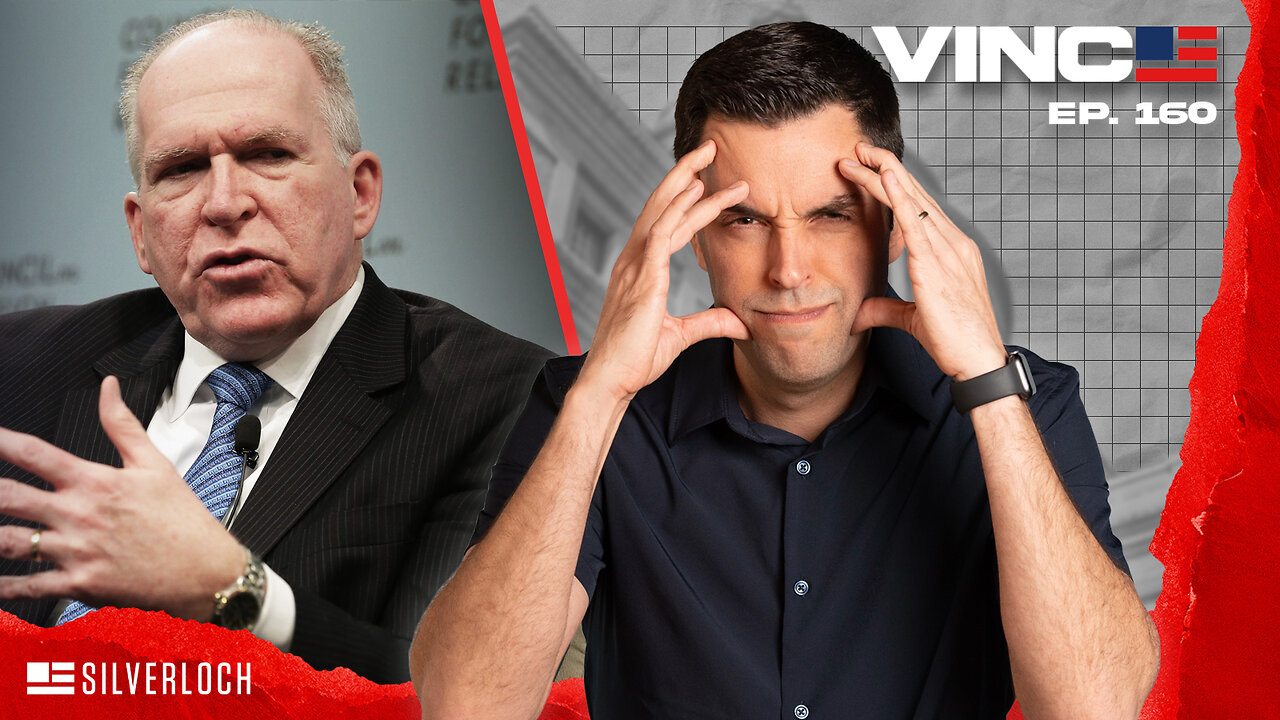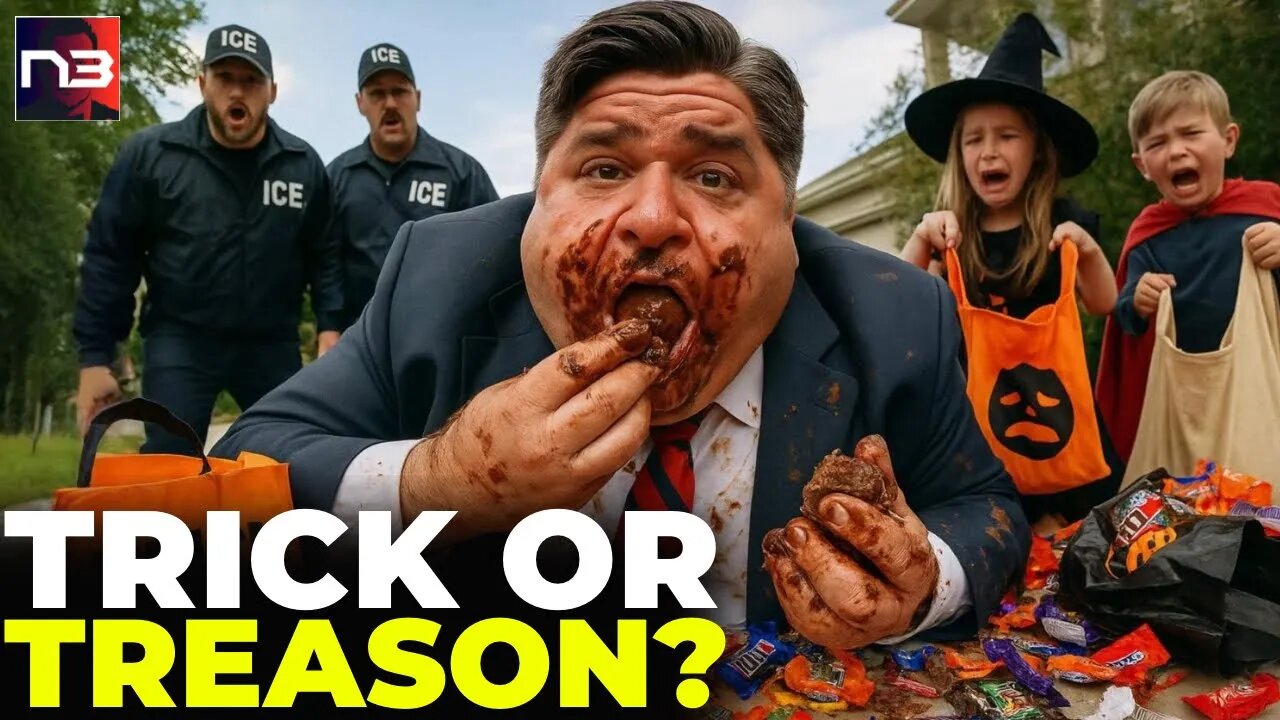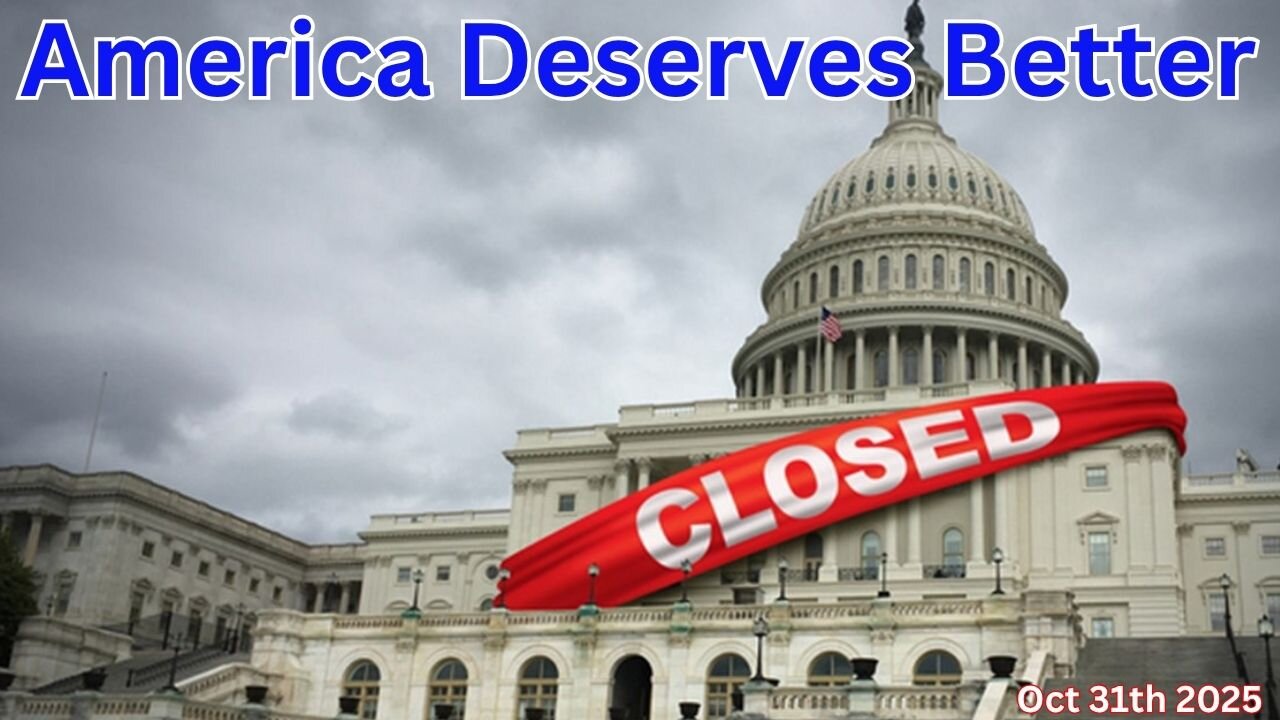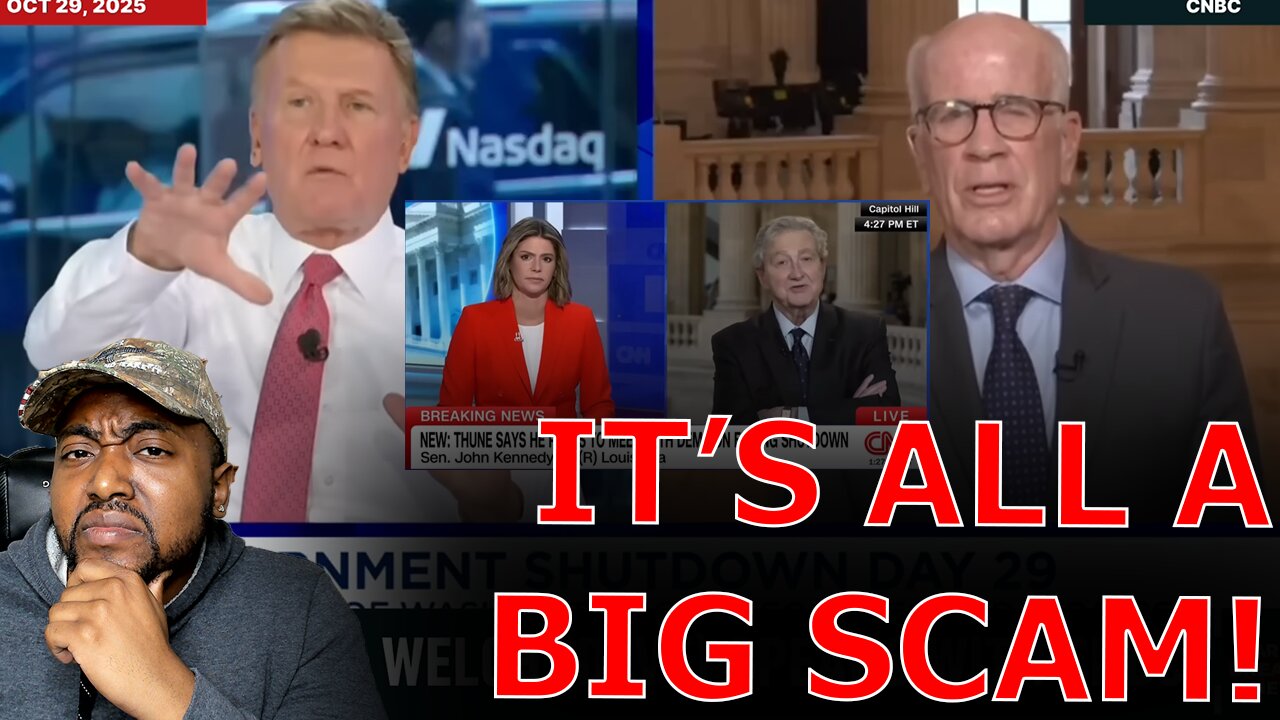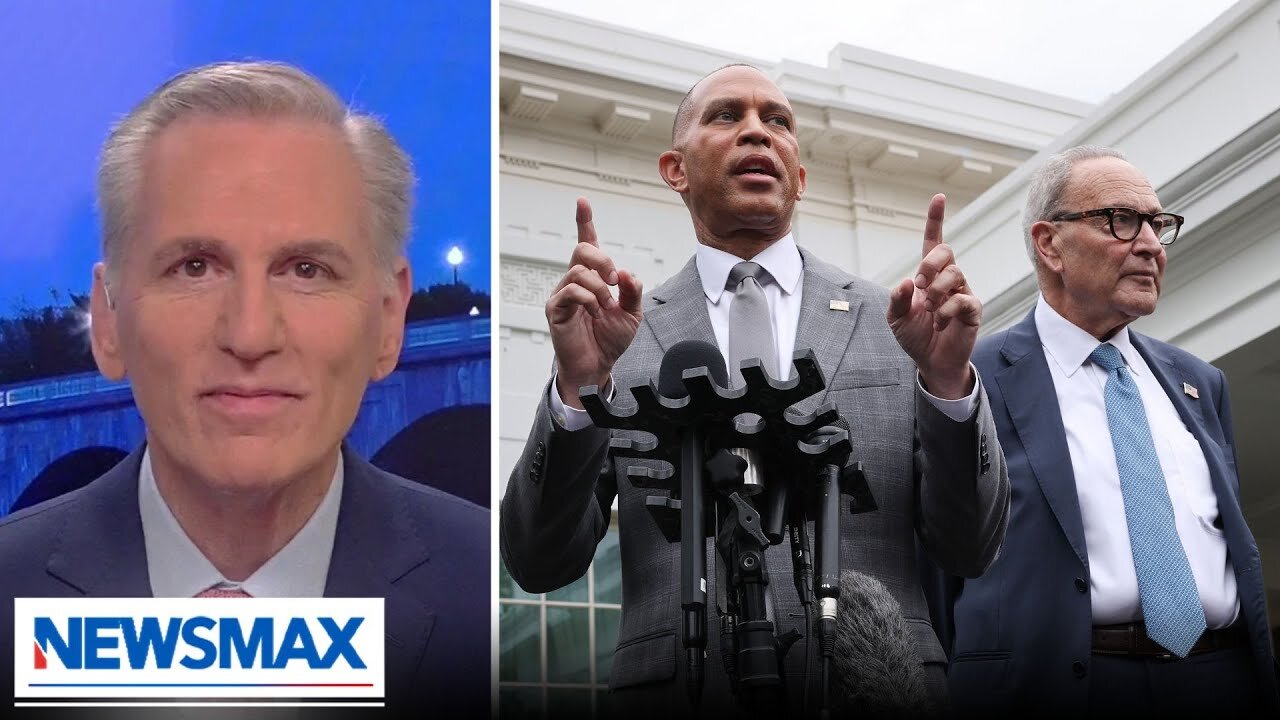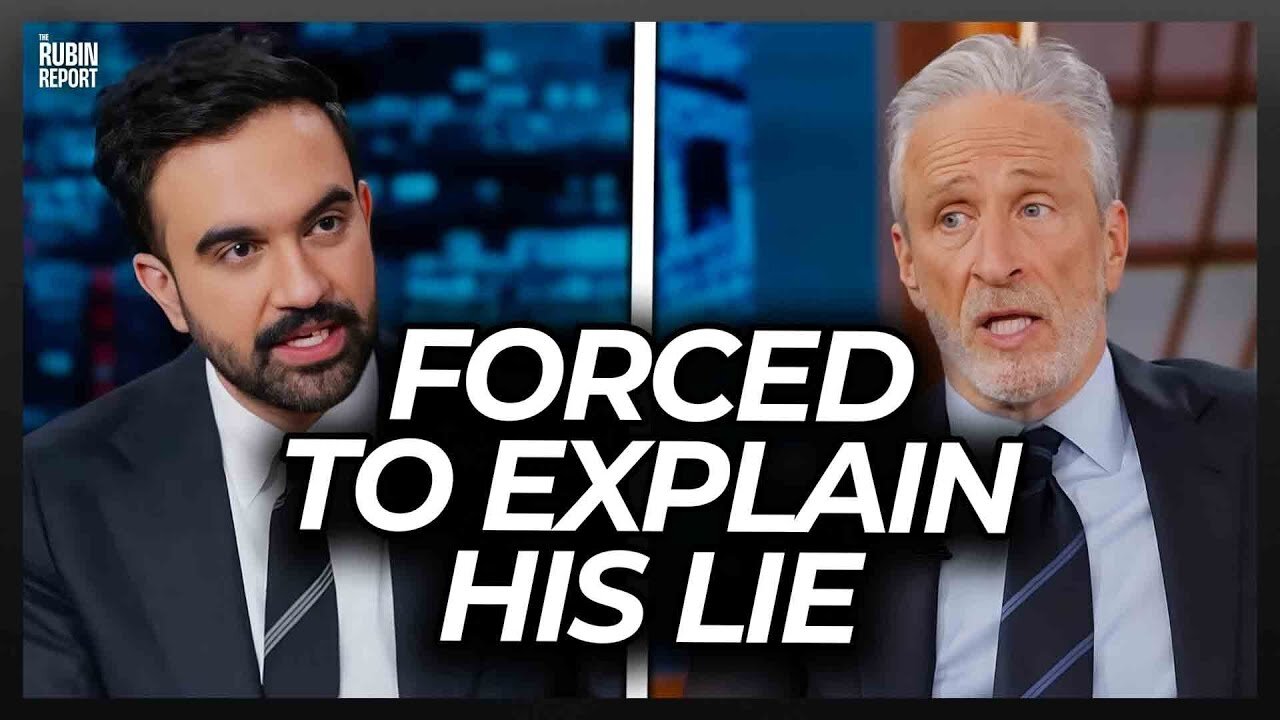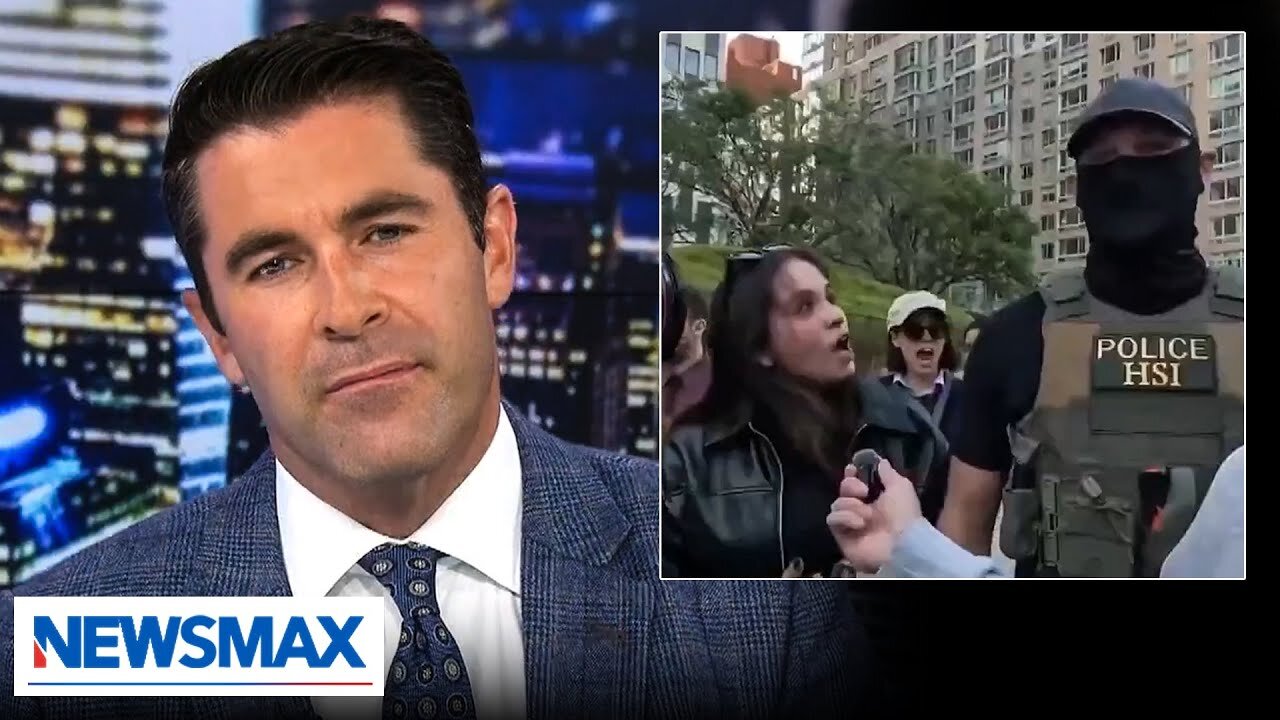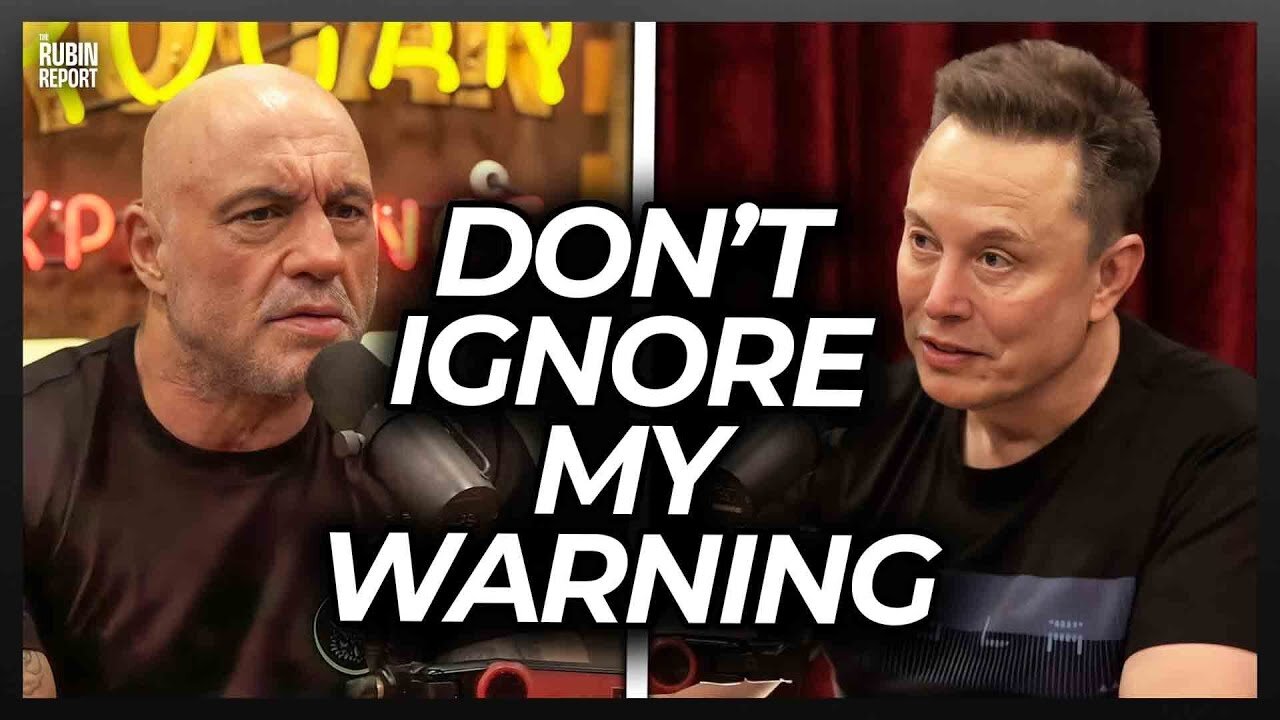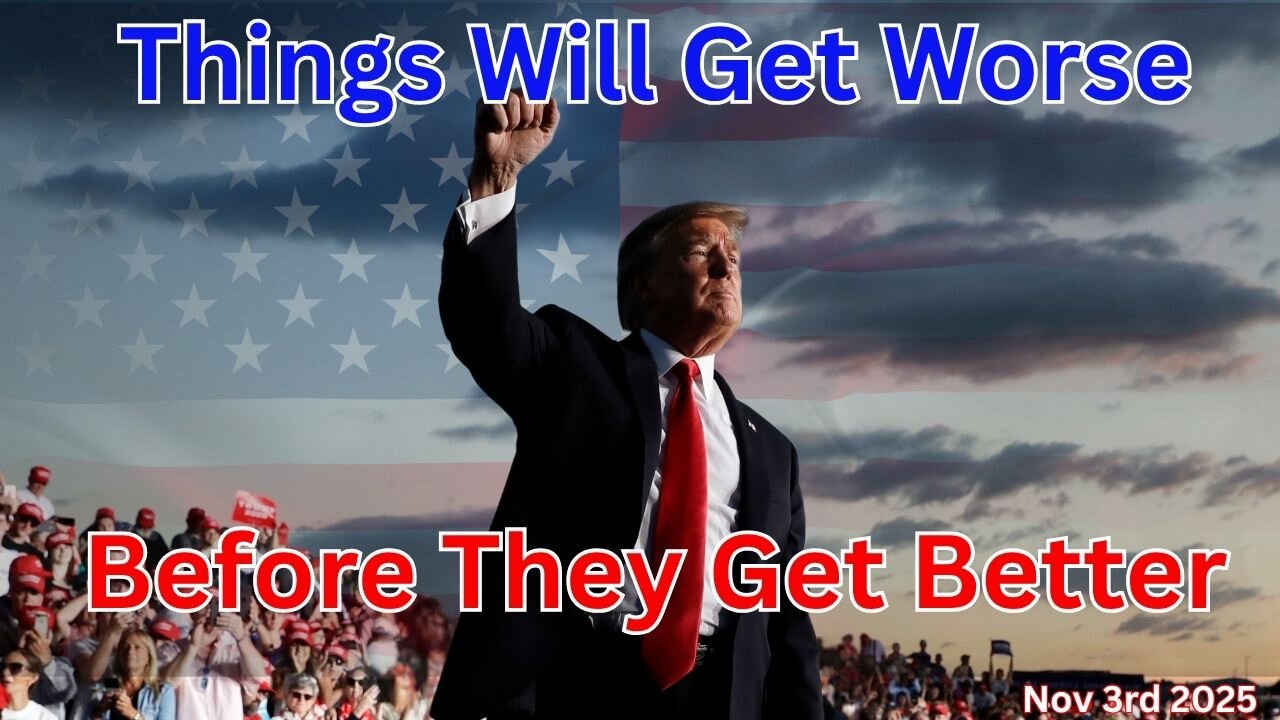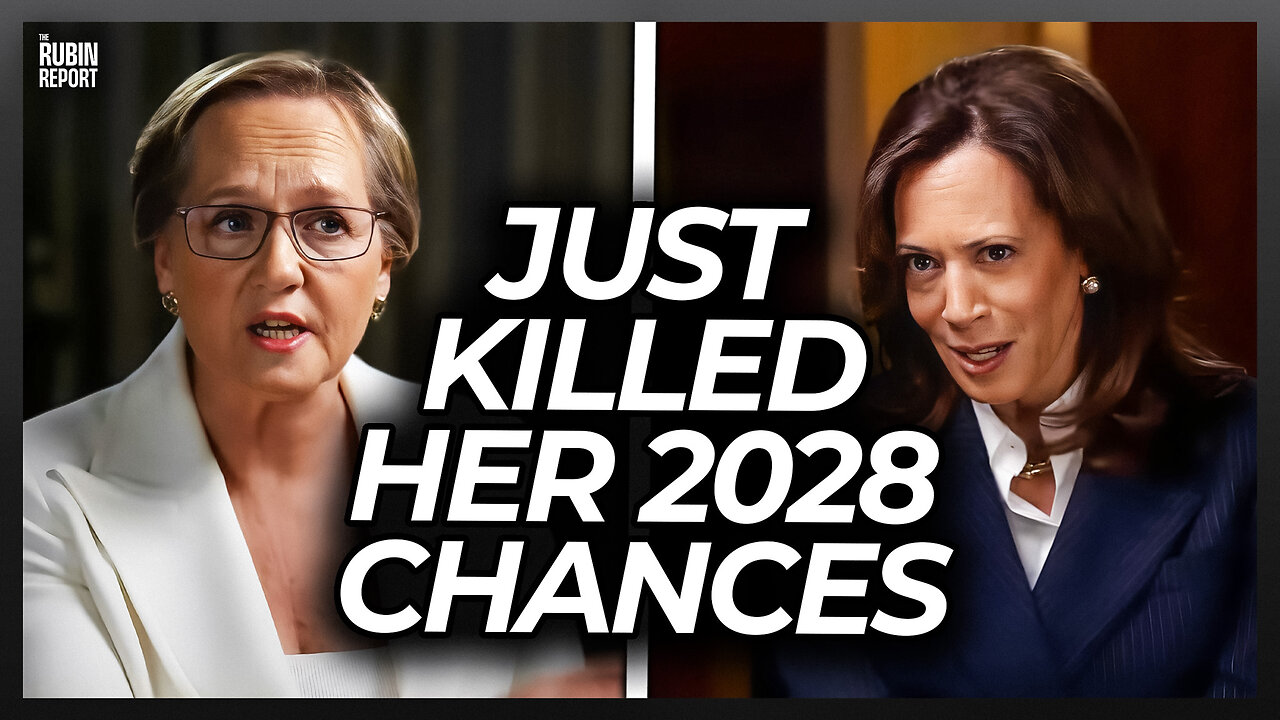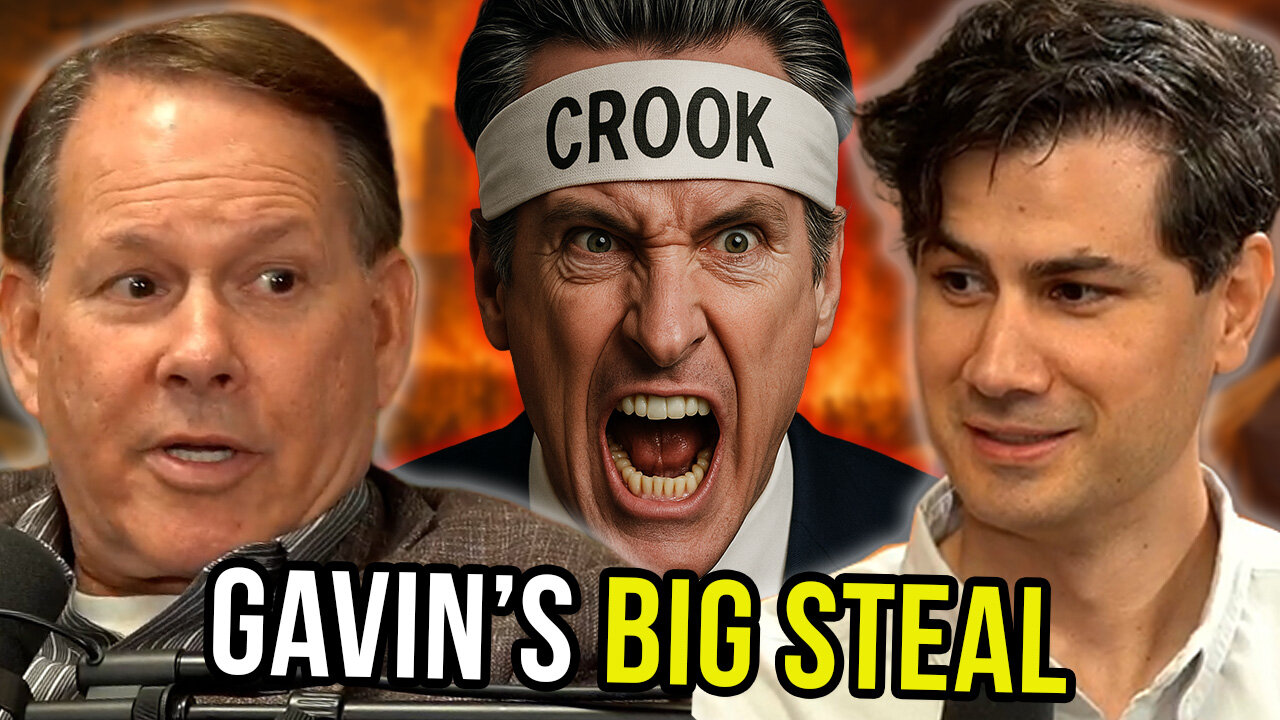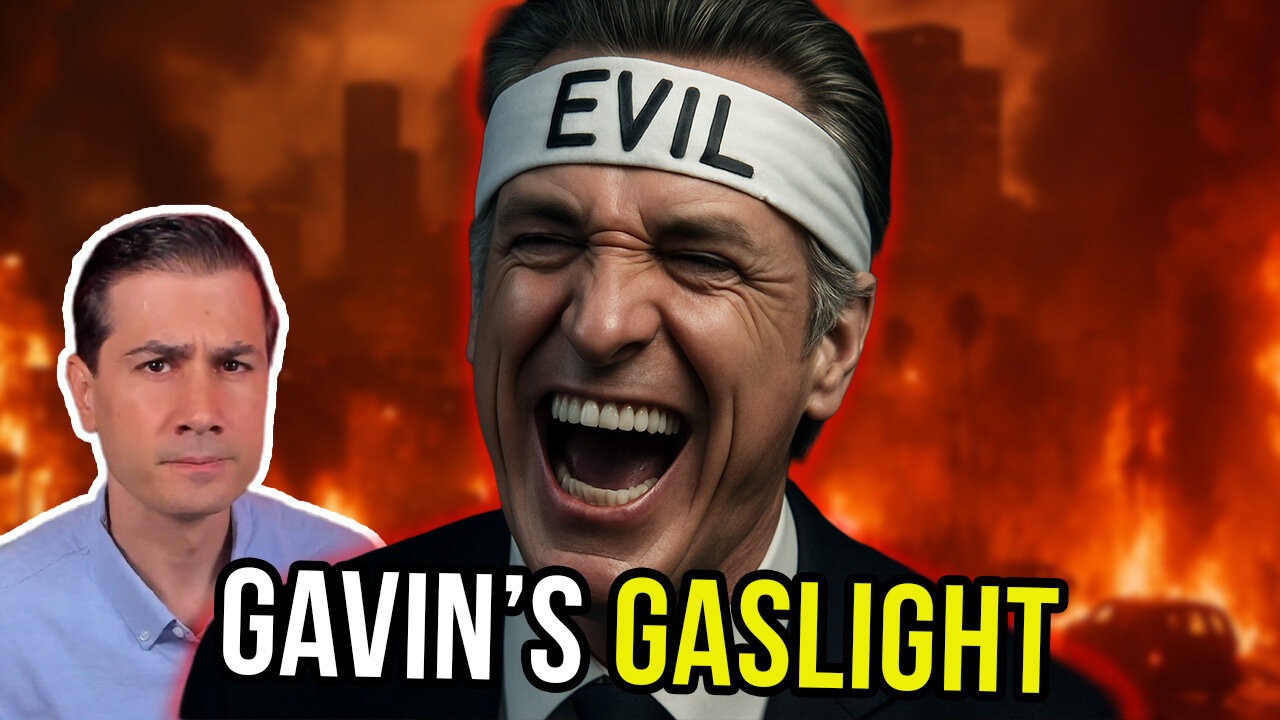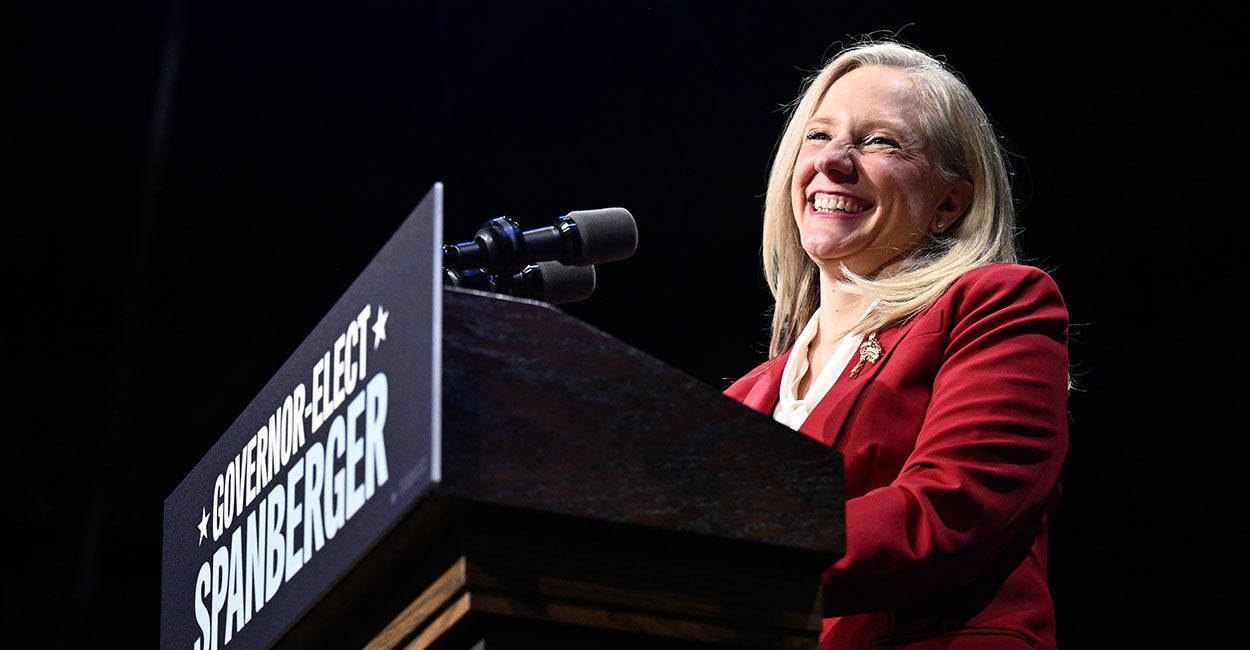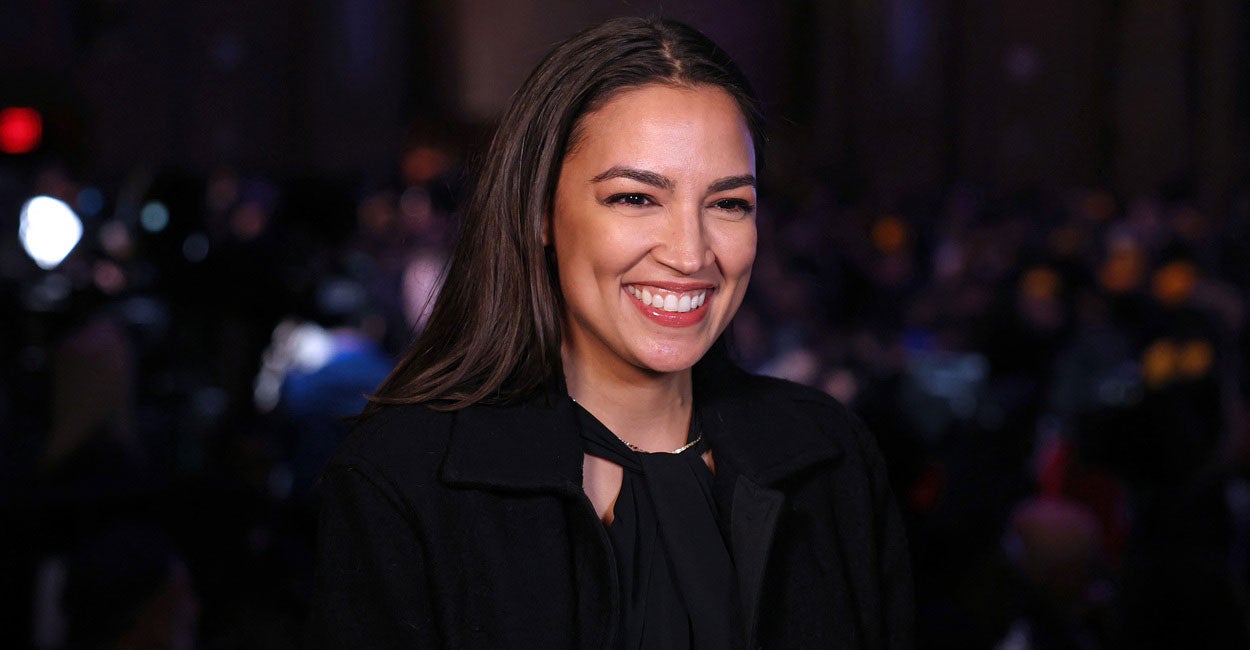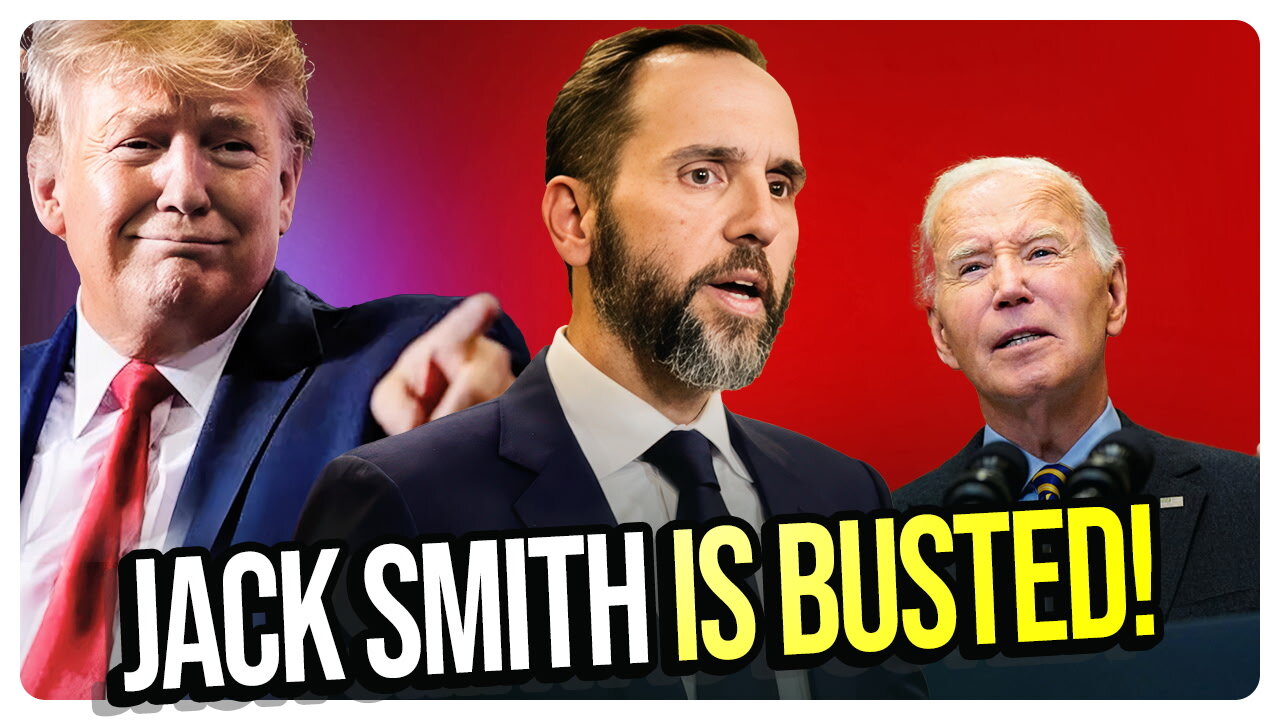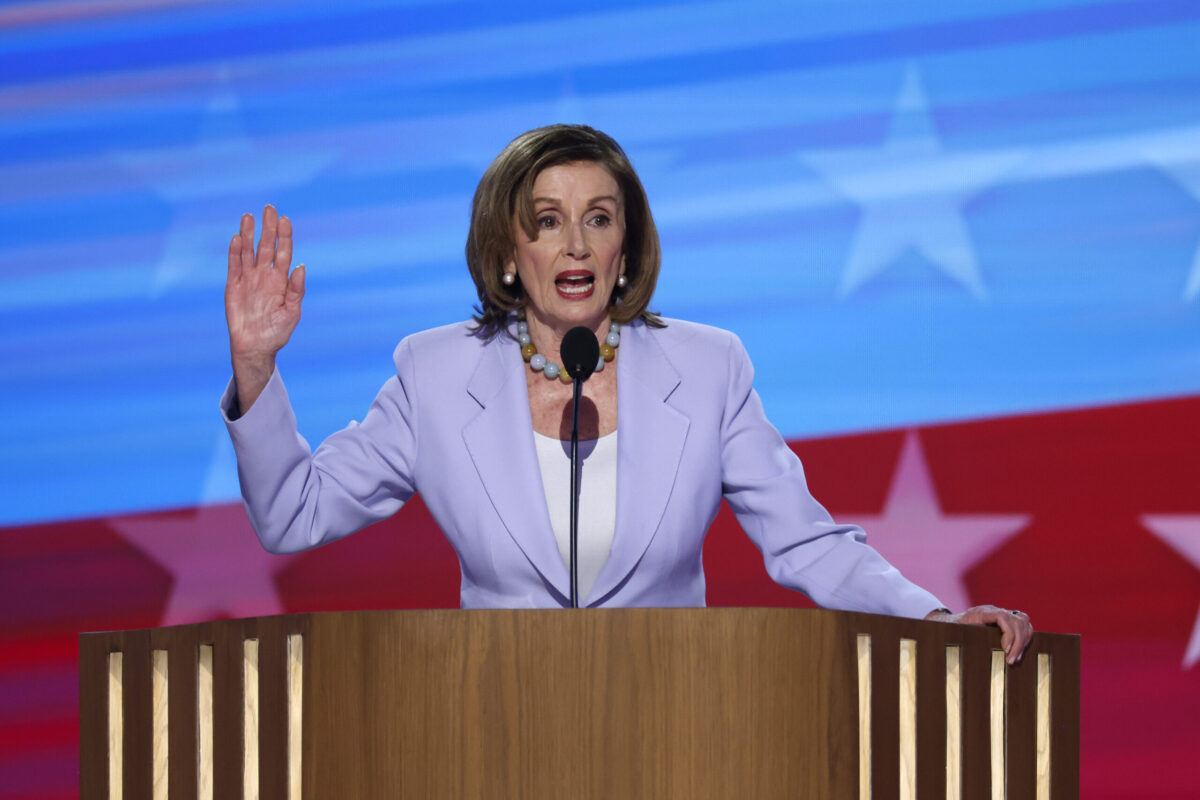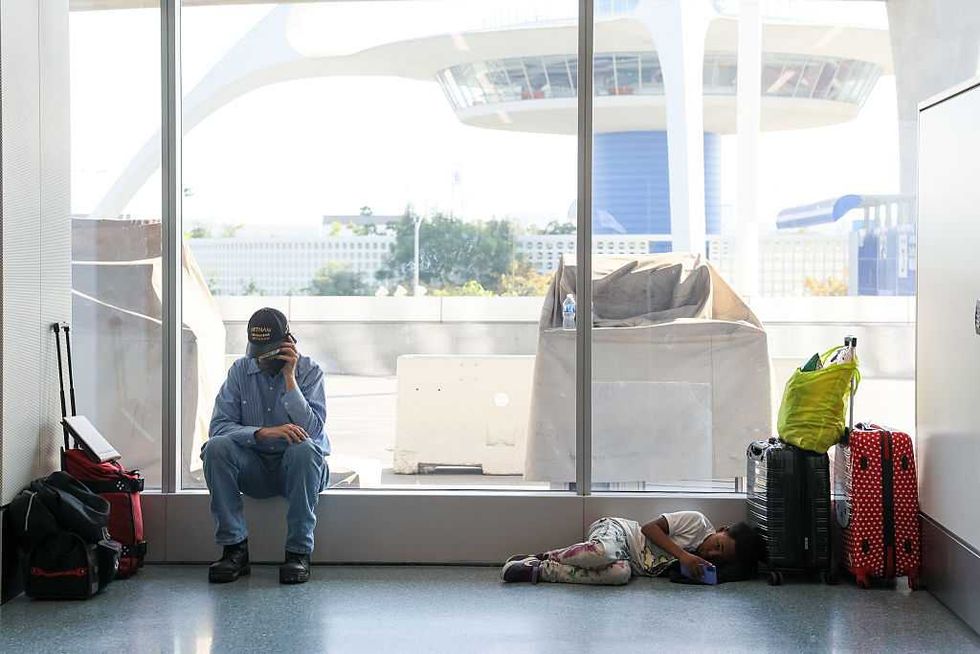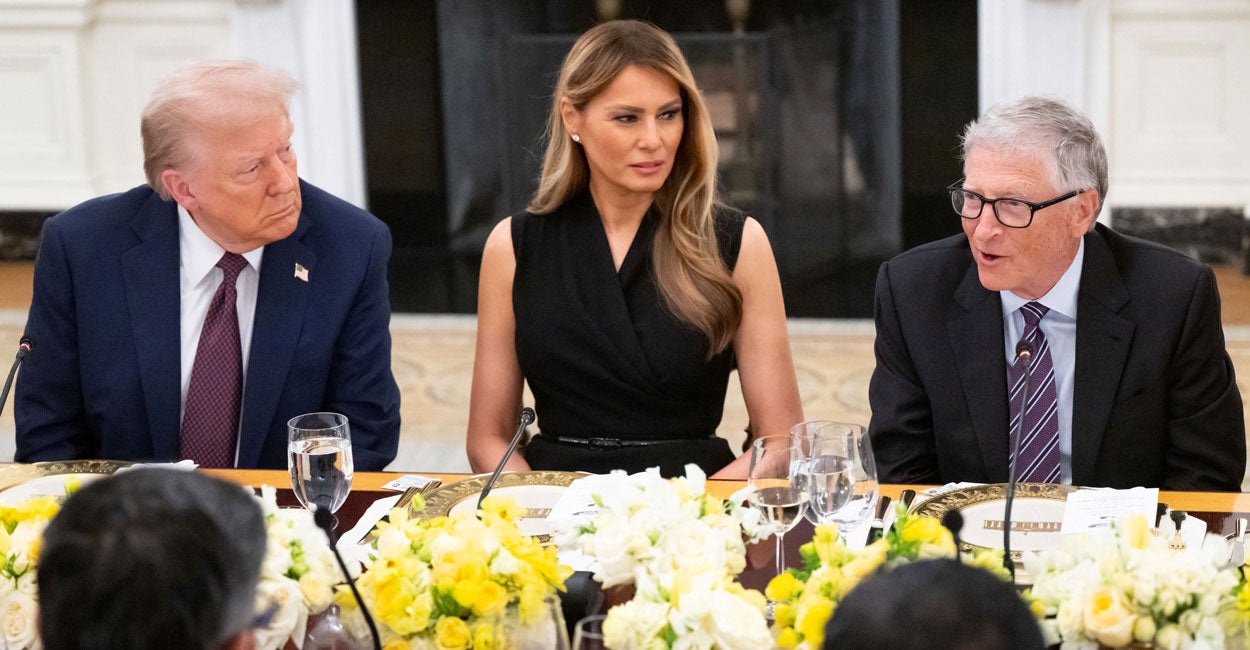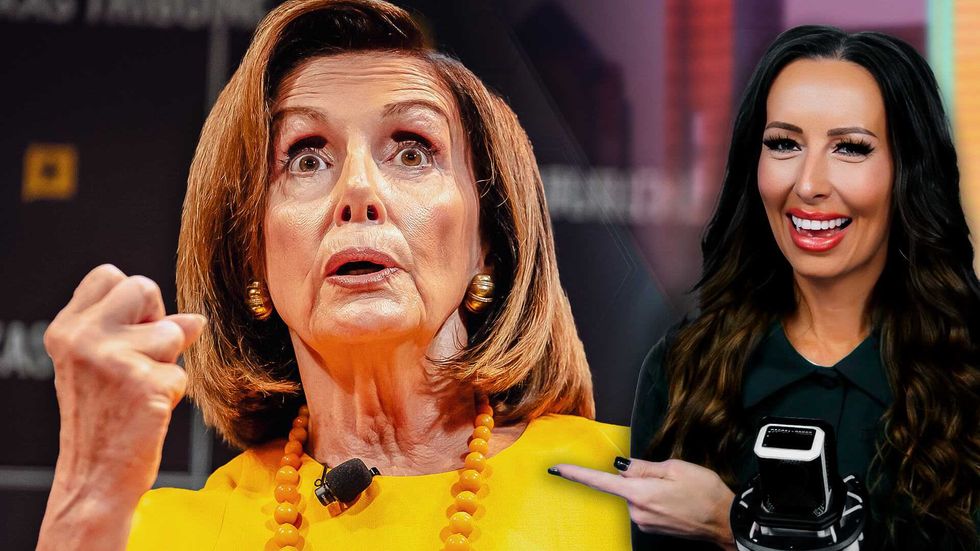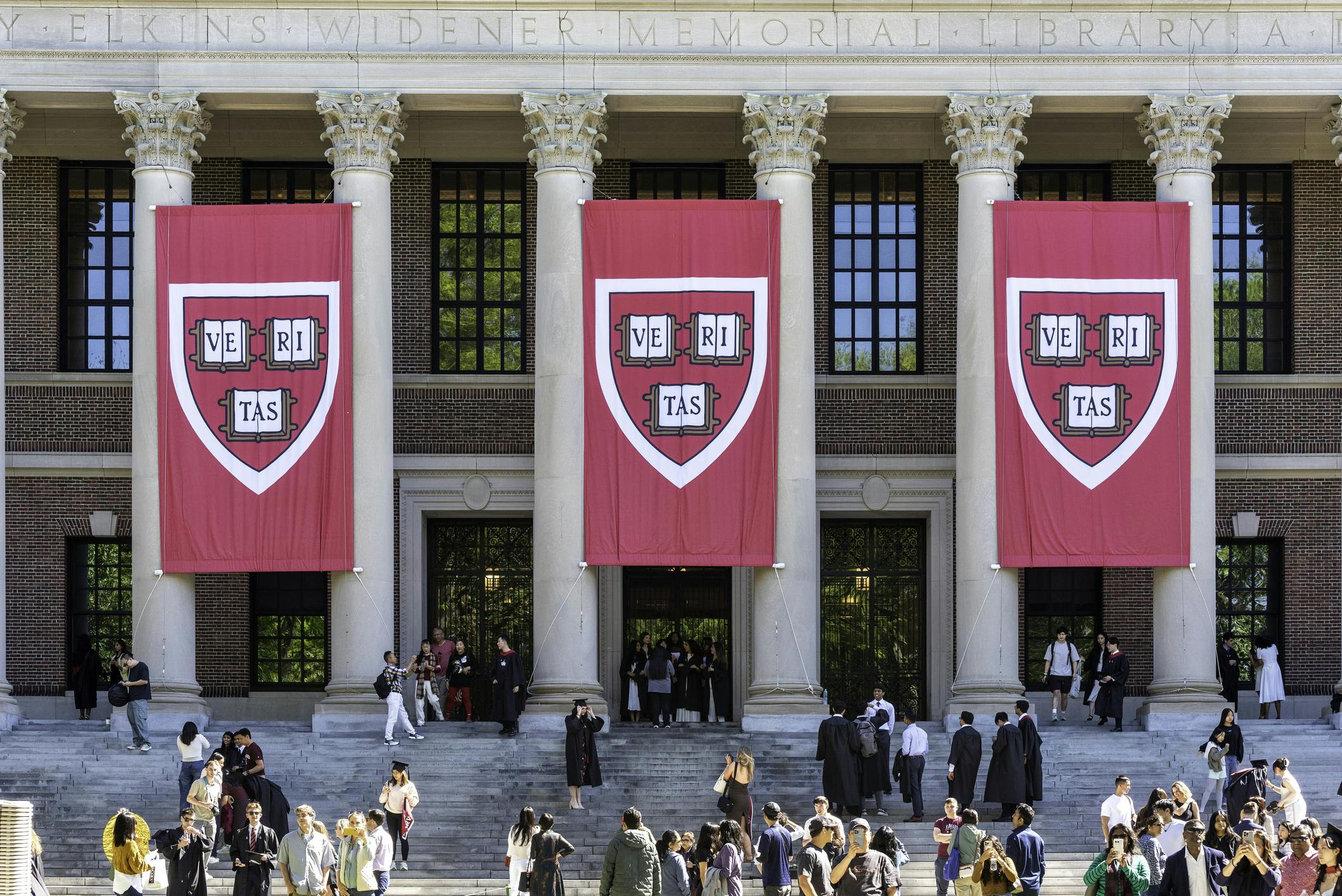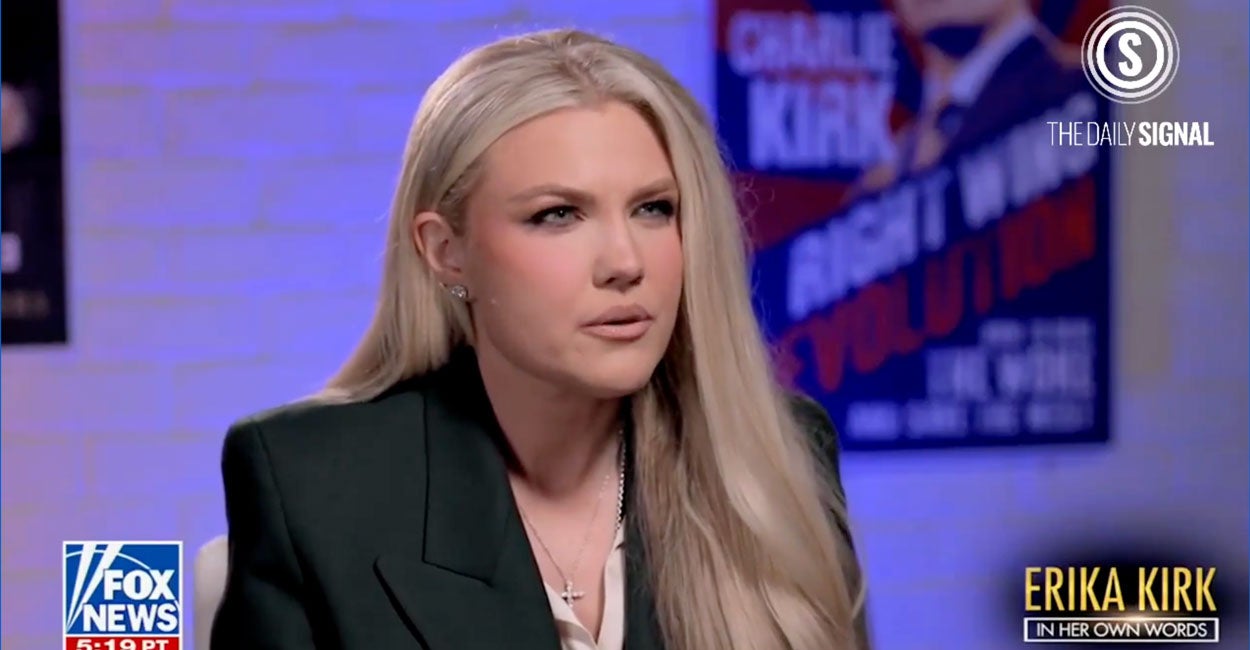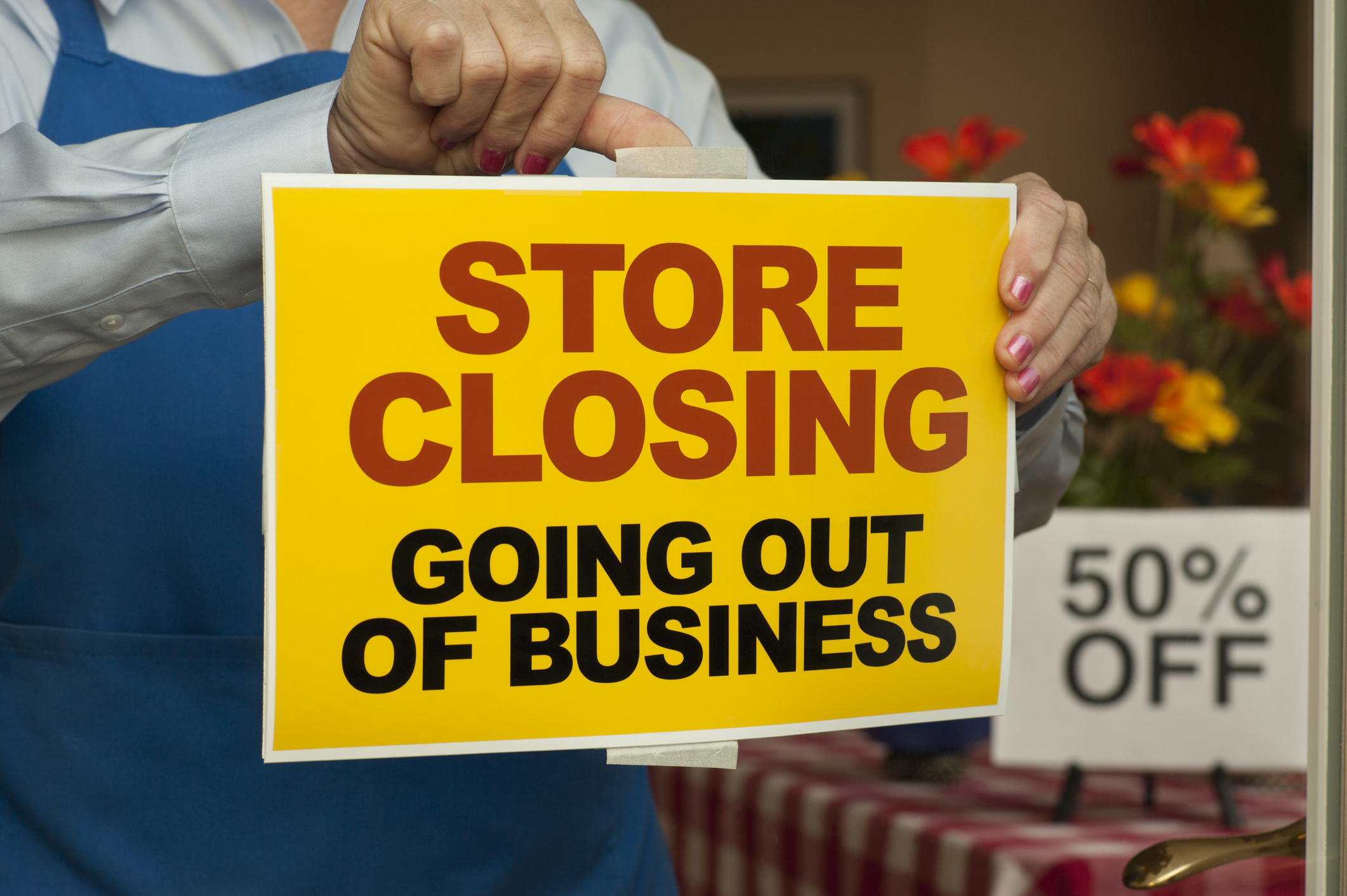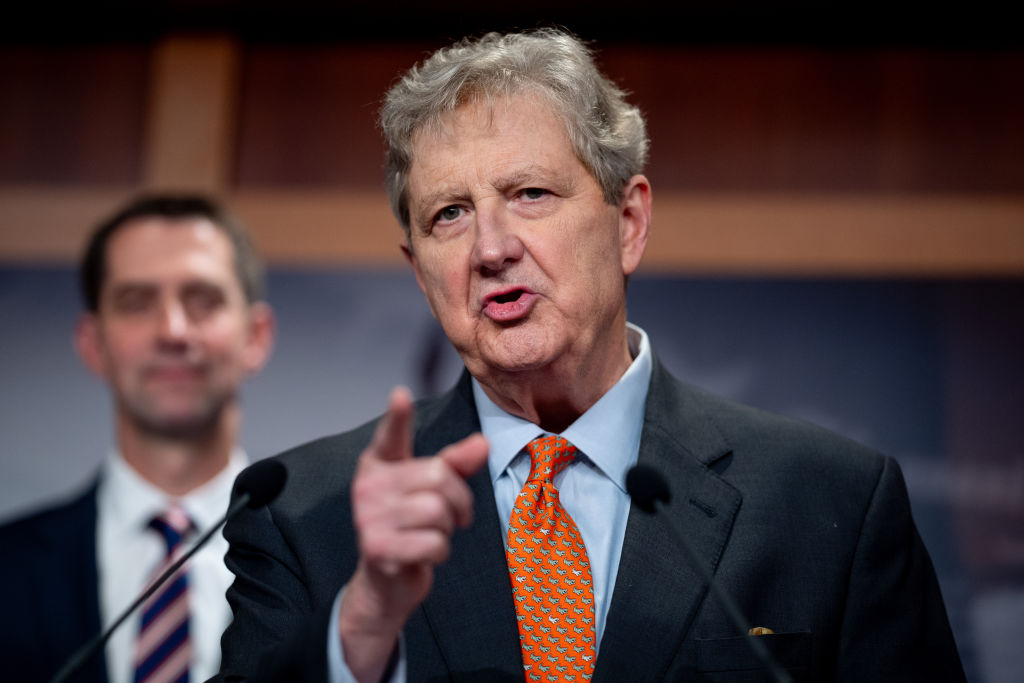Trump’s pharma fix might make Reagan squirm — but it’s needed
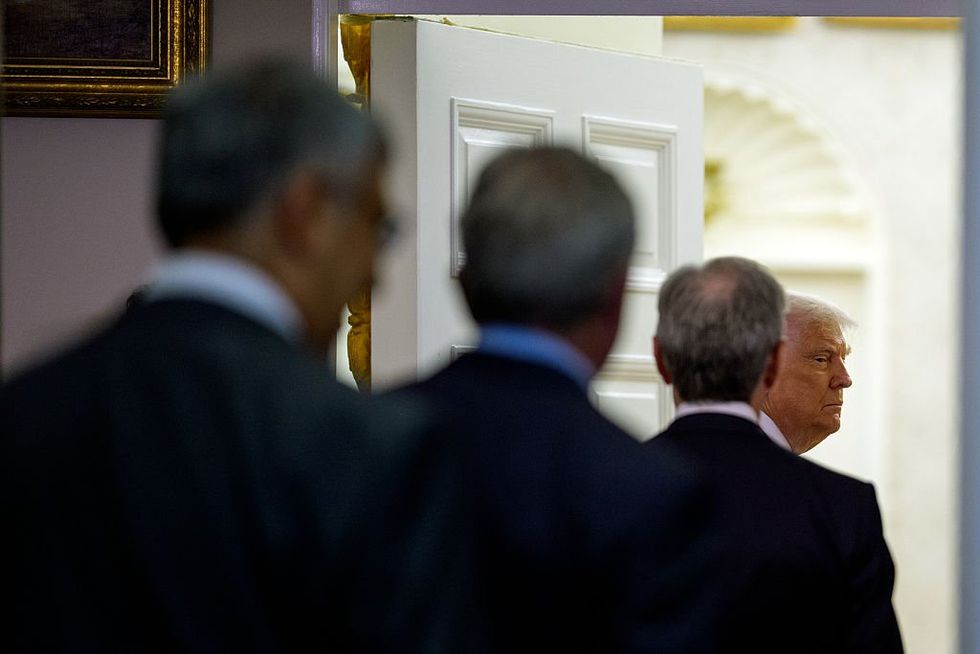
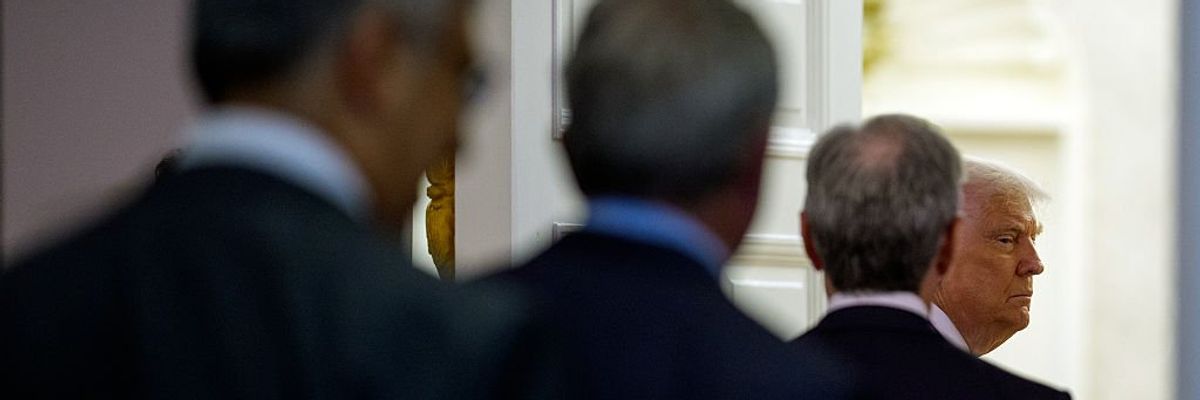
President Trump on Monday signed an executive order to lower prescription drug prices for Americans by up to 80%. The move — called the “most favored nations” pricing policy — seeks to require pharmaceutical companies to charge U.S. consumers no more than what they charge consumers in other developed nations.
To many Americans, this may sound like simple fairness. After all, why should U.S. citizens pay two, three, or even four times more for the exact same medication than citizens in countries like France, Japan, or Canada?
When the market has been effectively captured, Trump’s executive order is not government overreach but rather a corrective intervention.
But this price disparity is not accidental — it’s systemic. For decades, the United States has quietly subsidized the rest of the world’s access to pharmaceuticals.
Global drug manufacturers earn their profits not in Berlin or Brussels, but in Des Moines and Dallas. In effect, Americans have been the financial backbone of an international pricing scheme that benefits other nations at our expense.
President Trump’s executive order directly challenges this arrangement. It stipulates that if a drug company offers a product to another country at a lower price, the United States should receive the same rate. It’s a reciprocal principle: no more preferential treatment for foreign buyers.
This is a significant departure from business as usual in Washington, and it’s not hard to see why the policy is resonating with the public. At face value, it offers a rare and overdue measure of accountability in a system where Americans are consistently overcharged for lifesaving medication. For anyone who has ever had to ration insulin, split pills, or go without treatment due to cost, this action likely feels like justice.
What free market?
But for those of us who believe strongly in the free market — and I count myself among them — this executive order raises uncomfortable questions.
In principle, I oppose government interference in pricing. I’ve long warned that when the government inserts itself into private industry, the result is usually distortion, inefficiency, and unintended consequences. History offers plenty of examples. In the 1990s, then-first lady Hillary Clinton’s health care proposals — including a federal mandate that vaccine manufacturers sell to the government at deeply discounted prices — led to supply shortages and industry retreat. When profit disappears, so does innovation and availability. That pattern tends to repeat.
So why am I not condemning President Trump’s latest move outright?
Because we no longer operate in a truly free market. In the pharmaceutical industry, the system is already so burdened with lobbying, regulation, and insurance complexity that the idea of unencumbered market exchange is little more than a fiction. Prices are not driven by consumer choice or transparent competition. Instead, they are the product of negotiations between drug companies, insurance providers, and governments — while the average American is left footing the bill without a seat at the table.
In this environment, where the market has been effectively captured, Trump’s executive order can be seen not as government overreach but as a corrective intervention. It's an attempt to level a playing field that was rigged long ago. The United States is the single largest buyer of pharmaceuticals in the world, and yet we have consistently refused to leverage that bargaining power.
Every other country negotiates drug prices. We don’t. That isn’t capitalism; it’s capitulation.
A necessary disruption
To be clear, I am not advocating long-term price controls. The risks of such policies are well-documented: reduced innovation, fewer treatment options, and deeper government dependency. But I also refuse to pretend that what we currently have is a functioning free market. It isn’t. And continuing to prop up a broken system in the name of “principle” is not conservatism — it’s negligence.
We should still scrutinize the details. We should remain skeptical. But we should also acknowledge this: The current system is unsustainable. Americans are being overcharged for medications so that other countries can pay less. Call it what you want, but don’t call it capitalism — or justice. I’d call it a redistribution scheme masquerading as market logic.
President Trump is right on one crucial point: America has been getting ripped off for far too long. His executive order is a necessary disruption to a system that has failed the very people it was supposed to serve.
It’s time we stopped playing the chump.
Want more from Glenn Beck? Get Glenn's FREE email newsletter with his latest insights, top stories, show prep, and more delivered to your inbox.
Originally Published at Daily Wire, Daily Signal, or The Blaze
What's Your Reaction?
 Like
0
Like
0
 Dislike
0
Dislike
0
 Love
0
Love
0
 Funny
0
Funny
0
 Angry
0
Angry
0
 Sad
0
Sad
0
 Wow
0
Wow
0
